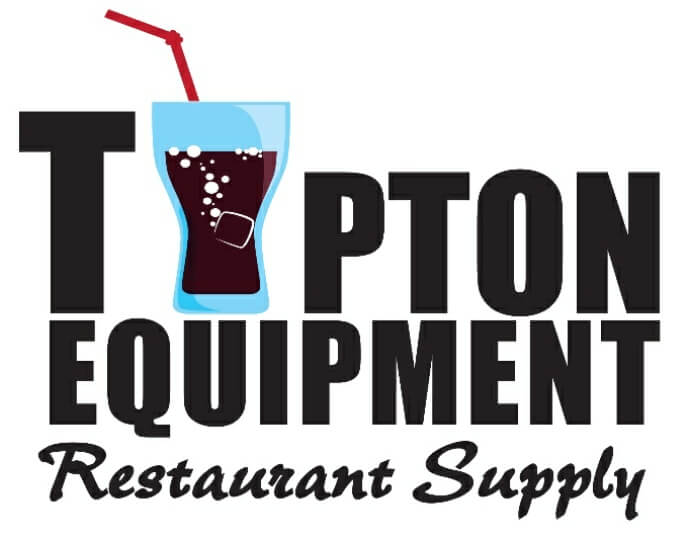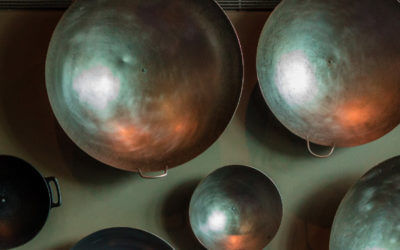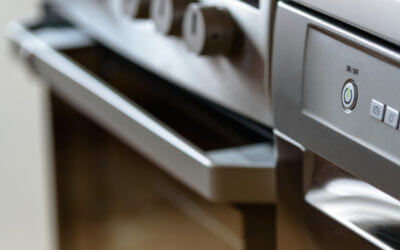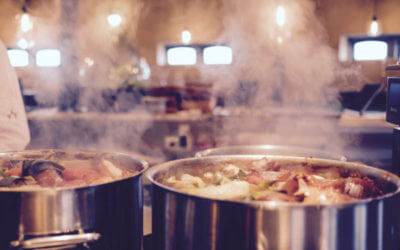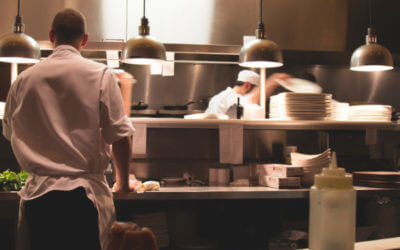Restaurant Equipment: How to Handle Gluten Allergies
August 14, 2018In the last five years, you’ve probably seen a dramatic increase in the number of restaurant customers you have that are avoiding gluten.
Some of them simply don’t like it, and others have a life-threatening reaction if they eat it. As a restaurant owner, you want to be able to accommodate your guests.
However, knowing how to properly choose and use restaurant equipment to handle gluten allergies can be a challenge. Here are some tips that can help.
Understand the Types of Gluten Concerns
When someone says, “Do you have anything gluten-free?” they can be asking for a wide variety of reasons.
Perhaps they simply believe gluten is bad for them. Or, they may have actual medical reactions to gluten that may be severe.
Here is a list of the different concerns people may have with gluten:
- Allergies: these range from mild to life-threatening. When someone’s immune system reacts to gluten, they can become very ill. This is the case for those with celiac disease.
- Intolerances: sometimes a food simply causes digestive problems. These folks avoid gluten because they don’t like how they feel when they eat it.
- Specific Diet: Many people are on a gluten-free diet either to treat illness or to better their health.
It’s not particularly important why your guests request gluten-free. What is important is that your staff take it seriously. It could be a life-or-death issue, and too many restaurants make light of it.
As you create routines for special requests, it’s helpful to choose restaurant equipment and processes as if everyone who requests gluten-free has celiac disease. This way, you can keep your guests safe while respecting their privacy.
Creating Gluten-Free Dishes For Your Menu
The easiest way to handle frequent requests for gluten-free food is to have specific dishes already on your menu that don’t use those ingredients.
You will probably want to use specific restaurant equipment to prepare these dishes, as gluten can cross contaminate if the pan was used for another sauce or dish.
Remember, gluten-free means free, as in none. For those with celiac disease, a concentration of even 20 ppm in gluten can make them very ill for days.
As you create gluten-free dishes, scrutinize every ingredient. It’s amazing how many things have wheat or other gluten-containing compound added to them that you would never expect.
Have Gluten Free Adaptations For Normal Dishes
Some restaurants don’t have the space to keep a wide range of gluten-free dishes on the menu, especially if those items are not moving quickly each day.
Instead, you can have a way to adapt your usual dishes for a gluten-free request. Again, restaurant equipment is vital – you cannot afford to cross contaminate, and you will likely need a new small batch of whatever sauce, seasoning, or gravy is used.
Prepare your adaptations in advance and train your staff in how to create them. You can look over your menu to see which items are easiest to convert. Again, be careful of ingredients – even a spice mix may have gluten-containing ingredients added.
Have the Right Restaurant Equipment to Handle Allergies
Gluten allergies are not the only special request you’ll come across. That’s why it’s helpful to have specific, clean restaurant equipment set aside to handle allergy requests.
You can prevent cross-contamination without slowing down your kitchen if you have the equipment you need. Are you looking for a new set? We’d love to help. Contact us today for a quote!
Don’t Buy a Commercial Refrigerator Before Considering These 4 Things
A commercial refrigerator is an equipment staple of every restaurant. There are several things to consider when acquiring a commercial refrigerator for your kitchen. When searching for the correct type of unit, here are four things to consider to help you choose the...
5 Ways to Get the Most out of Your Dishwasher
Dishwashers are an incredibly helpful timesaver, and in the fast-paced restaurant industry, staff and managers are desperate for even a small amount of extra time. Although simply putting dishes into a machine seems simple, if your dishwasher is not well-maintained...
How to Keep Having Fun while Running your Restaurant
Restaurant owners typically have a passion for cuisine. Opening and running a restaurant is exciting, providing the opportunity to fully explore and develop your vision. However, if you have been in the restaurant business for any length of time, you know that it is...
3 Great Reasons to Maintain Your Restaurant Equipment
As the owner of a restaurant, you want a healthy and clean business. In the hustle of everyday restaurant management, it can be easy to forget to take care of issues that don’t seem as pressing as the customer complaining that they got the wrong order or that their...
Avoid Surprises During an Appraisal of Your Restaurant Equipment
When it comes to time for your restaurant equipment to be appraised, confusion can set in. For the purpose of the appraisal, personal goods are given value, but goods that are classified as ‘real goods’ are considered part of the real estate or the building structure...
Essentials of Cleaning and Preventative Maintenance for Your Restaurant Equipment
When it comes to your restaurant equipment, regular cleaning and maintenance is essential for making sure your equipment lasts for years to come. And it isn’t simply a matter of making your food processors and commercial mixers more efficient. There are considerable...
3 Tips for Maintaining Your Commercial Oven
As a restaurant owner, buying a commercial oven is an enormous investment. You will desperately want this oven to work properly and you need to make sure it does. You are responsible for your restaurant business. But what if your commercial oven stops working on the...
5 Steps to Cutting Food Waste from Your Kitchen
Food waste is a problem around the world. Taking steps to prevent food waste in your kitchen doesn’t just make your restaurant more morally strong; it can also help you save money on ingredients and attract more customers. Here are some steps you can take to reduce...
Planning Your Equipment Needs When Your Restaurant is Expanding
Your restaurant is doing great, guests are coming in, and they’re spreading the word about the culinary masterpieces your restaurant offers, as well as the exceptional service that is provided by the kitchen equipment and staff. But with all the new business, you’ve...
How to Keep Cool in the Restaurant Kitchen
Being in the kitchen, it’s hard not to feel overheated, especially during the summer. The heat of the stoves and ovens will quickly make the restaurant kitchen somewhere you don’t want to be. How do you keep cool in the kitchen? We have brought together some of the...
How and Why to Make Your Restaurant Lead-Free
If you own a restaurant, then you already know how important water is to your operations, and that poor water quality can adversely impact the success of your business. That is why you should ensure a restaurant lead-free environment. Water is an integral part of all...
Can You Handle These 5 Types of Difficult Restaurant Customers?
No matter how much you love it, running a restaurant certainly has its challenges. It is time-consuming, hectic, labor-intensive and competitive. And to cap it all, there are the difficult restaurant customers you often have to deal with. It’s impossible to please...
5 Unique Restaurant Concepts Guaranteed to Thrill Diners
With restaurants on almost every block, having a unique restaurant concept can help set you apart, making your establishment stand out. These concepts may have taken a bit to catch on, but they have quickly become popular sellers. Here are 5 unique restaurant concepts...
How to Run an Energy-Efficient Restaurant
You probably don’t need to be reminded of the high cost of electricity in running a restaurant compared to an energy-efficient restaurant. Right now, many establishments, including restaurants, are going green and adopting eco-friendly strategies to conserve...
Tipping: A Restaurant Controversy
When it comes to tipping or no-tipping policies in restaurants, there are strong feelings on both sides. While many restaurants have implemented no tipping policies, others are strong proponents for tipping. Still others aren’t sure which policy is right for their...
